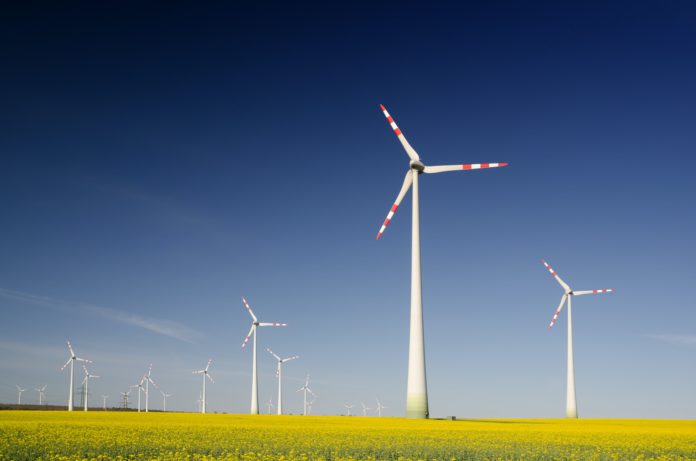
Global energy demand rose by 1 percent last year, a slowdown from the previous year’s 5.5 percent growth. The record growth in renewables has not changed the dominance of fossil fuels, which account for 82 percent of total supply. That’s according to the Energy Institute’s Statistical Review of World Energy, according to Reuters. Last year, liquefied natural gas (LNG) imports into Europe surpassed pipeline imports for the first time.
Turbulence and price jumps
Last year was marked by turbulence in energy markets following Russia’s invasion of Ukraine. This helped push gas and coal prices to record levels in Europe and Asia.
The steady lead of oil, gas and coal in meeting the majority of energy demand has consolidated in 2022. This was despite the largest ever increase in renewable capacity to a total of 266 gigawatts.
“Despite the continued strong growth of wind and solar in the power sector, overall global energy-related greenhouse gas emissions have increased again,” said Energy Institute President Juliet Davenport. “We are still heading in the opposite direction of what the Paris Agreement requires,” she added.
Liquefied has surpassed natural
The report also showed that liquefied natural gas imports into Europe last year surpassed natural gas imports by pipeline for the first time. Gas imports into Europe via pipelines totalled about 151 billion cubic metres last year, compared with 232 billion a year earlier. That 35 percent year-on-year decline contrasts with LNG imports, which rose to 170 billion cubic meters in 2022 from 108 billion a year earlier.
Meanwhile, global gas production remained relatively constant in 2022 compared to the previous year. The shift signals that the continent is rapidly rebuilding its energy infrastructure while cutting ties with Russia following the invasion of Ukraine. But it has also led to record prices and sharp swings in natural gas markets, as well as persistent inflation across the continent, which has dampened industrial activity.
This year’s annual report is published for the first time by the Energy Institute, together with consultancies KPMG and Kearny. From the 1950s until last year, it was authored by British oil company BP.
Source: ČTK














